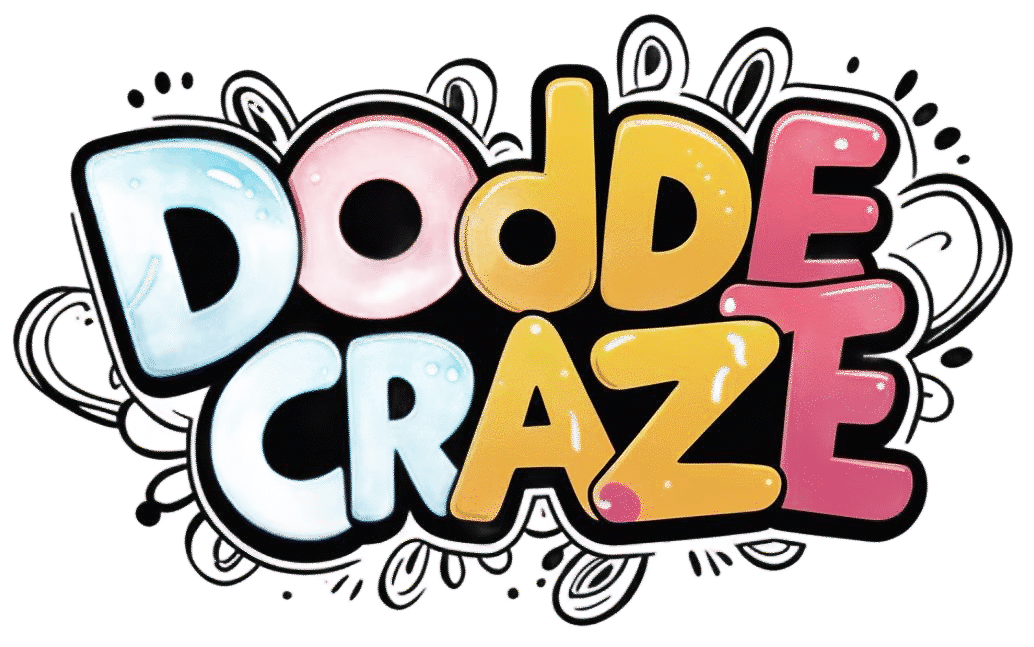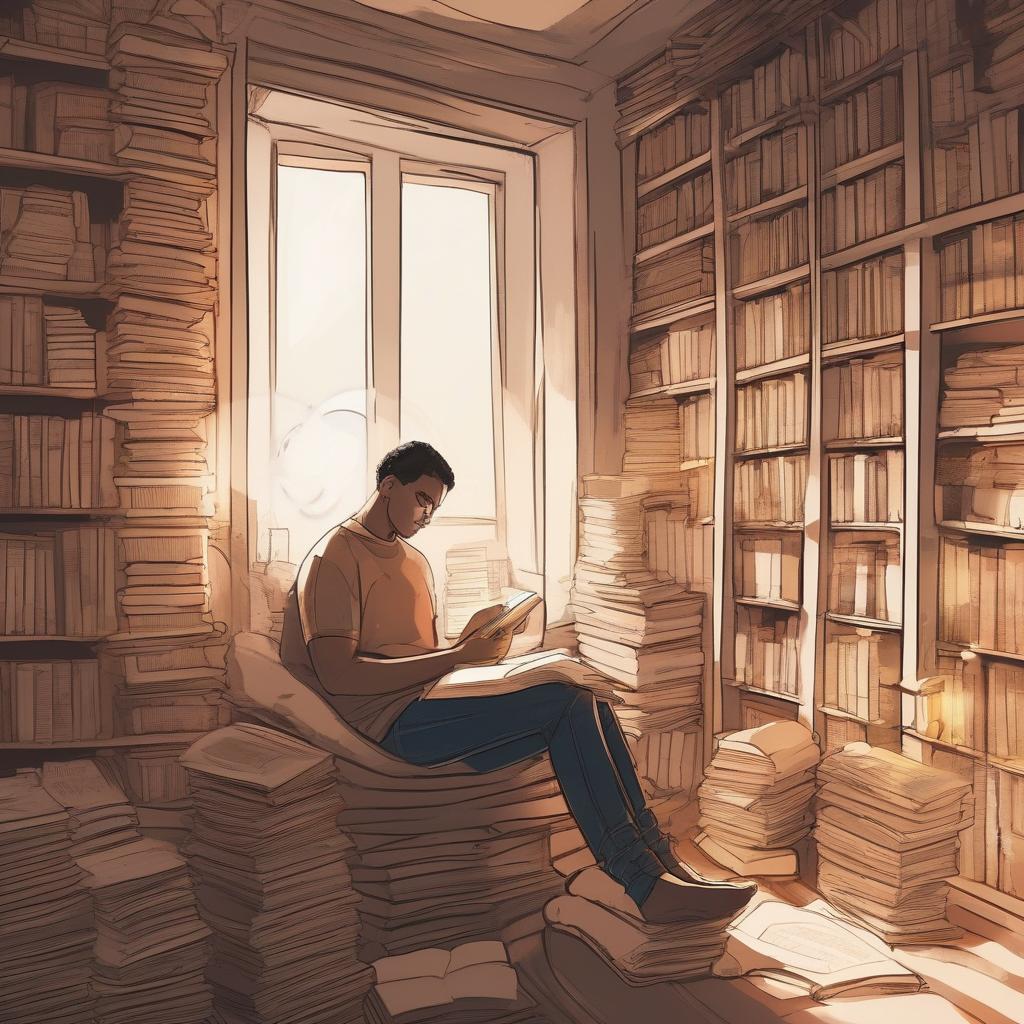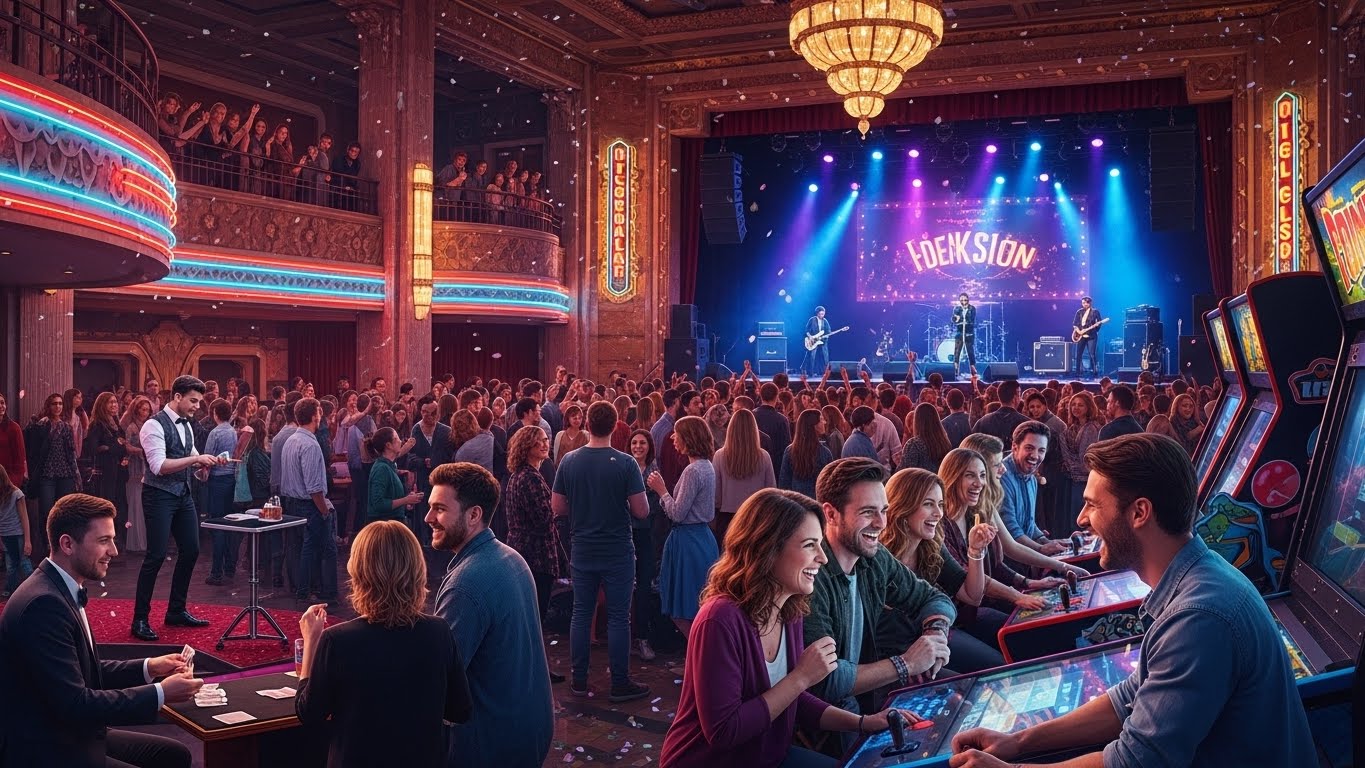Books have been around for centuries, shaping the way we think, dream, and imagine. There’s just something about holding a book and flipping through its pages that feels, I don’t know, authentic. Maybe it’s the smell of paper and ink or the satisfaction of seeing progress as bookmarks move slowly toward the end. Whatever it is, books have a charm. And they’ve got this ability to transport you without moving an inch. Whether it’s fiction, science, history, or a wild mix of genres, they’re like a key to many doors.
The Evolution of Books
From ancient scrolls to eBooks, the way books have evolved is kind of fascinating. Early manuscripts were hand-copied, can you imagine? Hours and hours spent just duplicating texts. Then came the printing press, and suddenly, books were more accessible. Fast forward to today, and you can download a whole library on a device that fits in your pocket. There’s a great write-up on how books have developed over time, if you’re curious.
Printed Books vs. Digital Books
There’s this ongoing debate about printed books versus digital ones. Like, some folks swear by the feels of a traditional paperback. Others love the convenience of eBooks. Me? I think both have their place. Printed books can be heavy to lug around, but there’s nothing like the tactile experience of turning a page. On the other hand, eReaders let you carry dozens of titles wherever you go without breaking a sweat.
Here’s a quick comparison:
| Aspect | Printed Books | eBooks |
|---|---|---|
| Portability | Less portable | Highly portable |
| Feel | Tactile and authentic | Less tactile |
| Cost | Generally higher | Often cheaper |
The Role of Libraries
Libraries. Those magical places where time seems to stand still. Whether you’re a student cramming for finals or someone just looking for a good read, libraries provide a free haven. They’ve adapted, though. It’s not just about borrowing books anymore. Modern libraries offer audiobooks, digital resources, and even workshops. They’re community hubs, really. A place to learn, connect, and sometimes just escape the hustle and bustle of daily life. And if you’re wondering about privacy concerns related to online book borrowing, check out the privacy policies at places that offer these services.
Book Clubs and Reading Groups
Joining a book club can be a delightful experience. Discussing characters, plot twists, and themes with others can offer new perspectives. Kind of makes reading a social affair. And if in-person meetups aren’t your thing, there are tons of online groups out there. Platforms like Goodreads host thousands of communities where people chat about this novel or that biography. Plus, it’s a way to hold yourself accountable to actually finish the book!
A Peek Into the Publishing World
The publishing industry has its own quirks and challenges. Manuscripts travel quite the journey from a writer’s desk to your bookshelf. It involves editors, agents, and a lot of coffee-fueled late nights. Indie publishing has also shaken things up, letting writers bypass traditional gatekeepers. More voices, more stories. If you want a broader look into current trends and news, the New York Times Books section is a good place to start.
The Impact of Bestsellers
Bestsellers. They can make or break a publishing house. There’s a reason we see certain titles plastered everywhere. They sell. Sometimes they’re literary masterpieces, other times, they’re just plain entertaining. But a bestseller has a kind of ripple effect. It can launch an author’s career or even start a trend. Remember the vampire craze? Yeah, that was fun.
Genres to Get Lost In
Genres are like flavors of ice cream. There’s something for everyone. Fantasy, where dragons and wizards roam free. Or maybe you’re a fan of crime thrillers that keep you guessing till the last page. Personally, I find non-fiction equally riveting. There’s a kind of satisfaction in learning something new, even if it’s just random trivia about ancient civilizations or quirky scientific phenomena.
Why Some Books Become Classics
Some books just stick with us, becoming classics over time. They say something profound about the human experience. Or maybe they capture a moment in history so perfectly that they resonate across generations. Think about “To Kill a Mockingbird” or “1984”. They’re more than stories; they’re conversations about society, justice, and much more. We pass them down, talk about them, and they continue to influence new works.
Frequently Asked Questions
- What’s the best way to start reading if I haven’t in a while? Honestly, pick something that excites you. Maybe a genre you already like in movies or TV shows. Start small, no pressure.
- Are audiobooks as good as reading? They are. It’s a different experience, sure, but you’re still engaging with the content. Plus, they’re great for multitasking.
- Do eBooks affect my eyesight? Screen time can strain eyes, but many eReaders have settings to reduce glare and mimic paper. Just take breaks, like you would with any screen.
- How do libraries make money if books are free? Libraries are often funded by taxpayers and grants. They might also hold fundraisers or charge small fees for special services.
- What’s a good book for traveling? Something light and engaging. Maybe a mystery or a romance. Or go with a non-fiction book that doesn’t require constant focus.
Books. They’re more than pages and words. They’re companions, teachers, and sometimes, just a way to unwind after a long day. And as long as there are stories to tell, books will be there, evolving with us, yet somehow staying the same. Whether you’re a fan of old leather-bound classics or the latest eBook release, there’s always something new to discover. Keep reading, keep exploring.



